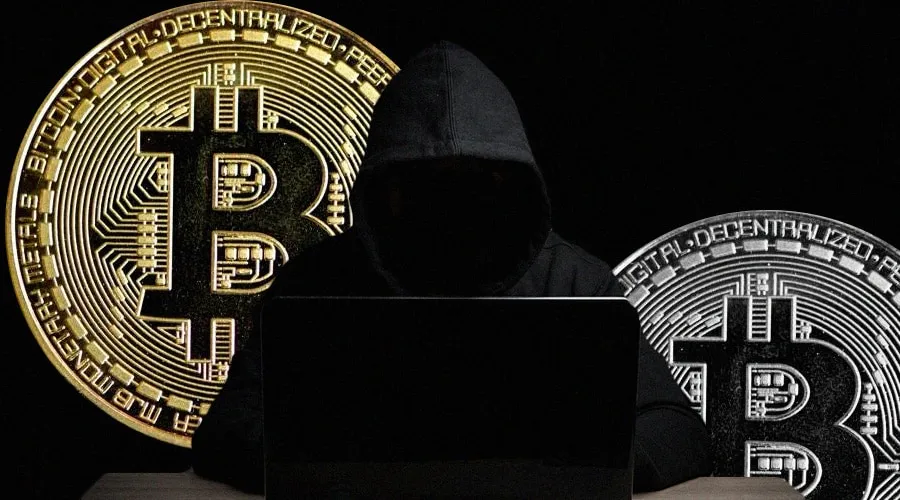The Karnataka Bitcoin scam has emerged as a significant legal and ethical challenge, raising serious questions about the integrity of law enforcement and governance in the state. Recently, the Karnataka High Court granted anticipatory bail to DSP Shridhar Pujar amidst allegations of his involvement in the embezzlement of 31 Bitcoins, valued at Rs 9 crore, seized from an international hacker.
Background and Allegations
The case stems from the arrest of Srikrishna Ramesh, also known as Sriki, in November 2020 for his alleged involvement in international cybercrimes. Following his arrest, accusations surfaced that Sriki was unlawfully detained and given unauthorized access to electronic devices by DSP Shridhar Pujar and other police personnel. The subsequent disappearance of the seized Bitcoins in January 2021 raised suspicions of corruption and procedural irregularities within the police department.
Judicial Scrutiny and Court Proceedings
During the court proceedings, the Karnataka High Court expressed dismay over the Special Investigation Team’s (SIT) failure to include senior police officers in their investigation into the Bitcoin scam. The court’s remarks underscored concerns about the thoroughness and impartiality of the ongoing probe, highlighting potential lapses in accountability and transparency.
Public Reaction and Legal Ramifications
The Karnataka Bitcoin scam has garnered widespread public attention and scrutiny, triggering debates about the adequacy of regulatory frameworks governing digital currencies and the accountability of law enforcement agencies. The alleged mishandling of seized assets, particularly in cases involving cryptocurrency, poses significant challenges to maintaining public trust in governance and law enforcement.
Implications for Governance and Law Enforcement
The scandal has profound implications for governance and law enforcement practices in Karnataka and beyond. It underscores the critical need for robust regulatory mechanisms and ethical standards to prevent and address financial crimes involving digital assets. The judiciary’s role in upholding accountability and ensuring fair investigations is crucial for restoring public confidence in the integrity of law enforcement agencies.
The Karnataka Bitcoin scam case serves as a stark reminder of the complexities and challenges associated with regulating digital currencies and investigating financial crimes in the digital age. As legal proceedings continue, stakeholders await further developments that could potentially reshape policies and practices concerning digital asset management and law enforcement accountability in Karnataka.

